7 GPTs for Component Integration Powered by AI for Free of 2025
AI GPTs for Component Integration refer to a subset of Generative Pre-trained Transformers designed or adapted to enhance and facilitate the integration of various software components. These tools leverage the advanced capabilities of AI to understand, predict, and manipulate data in ways that streamline the process of combining different software modules into a cohesive system. By understanding the nuances of software architecture and interoperability, these GPTs provide tailored solutions that simplify the complexities involved in component integration, making them invaluable for developers and professionals in the field.
Top 7 GPTs for Component Integration are: Vue Helper,shadcn-ui magic,JSメンタ郎,Nuxt3 Vue Ionic Dev,Unit Testing(React),ShadCN Bot,Componentes HTML
Vue Helper
Streamlining Front-End Development with AI
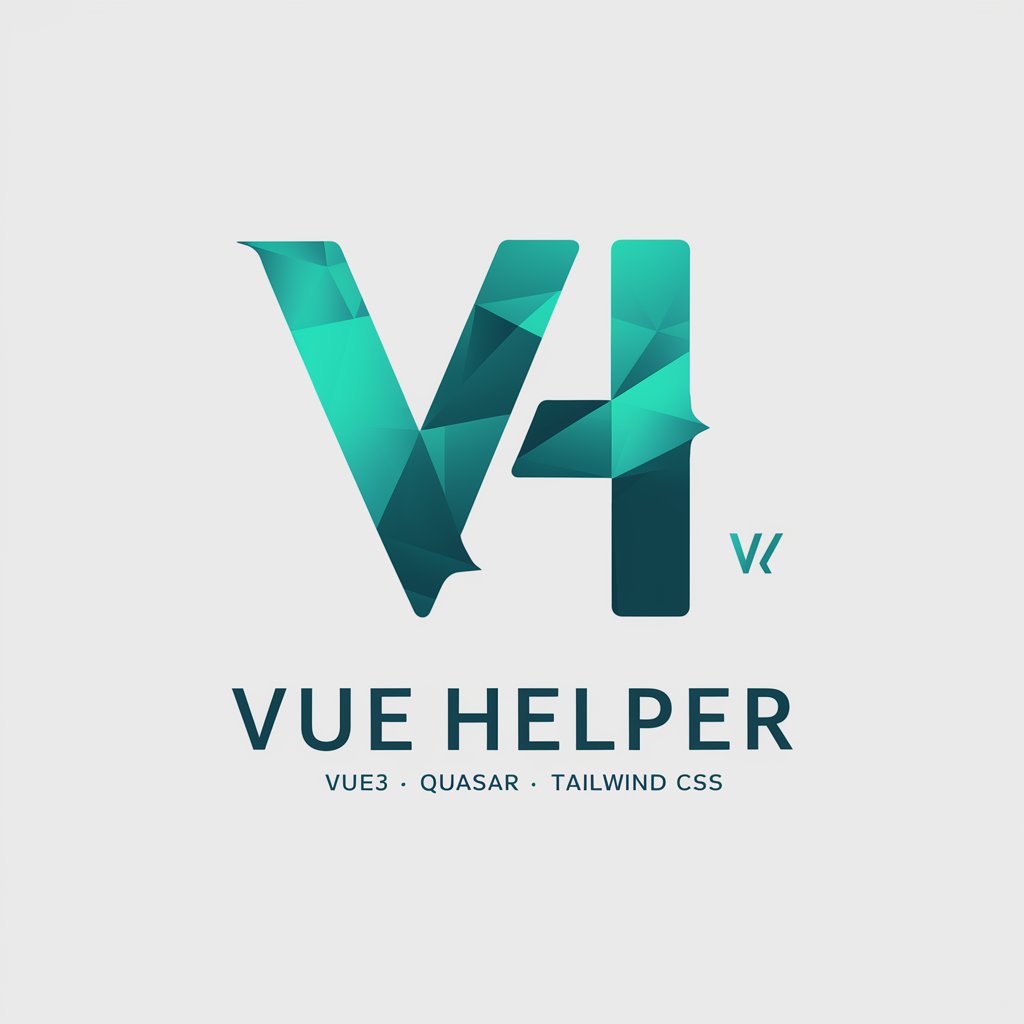
shadcn-ui magic
Empowering Your Web Projects with AI-Driven UI Magic
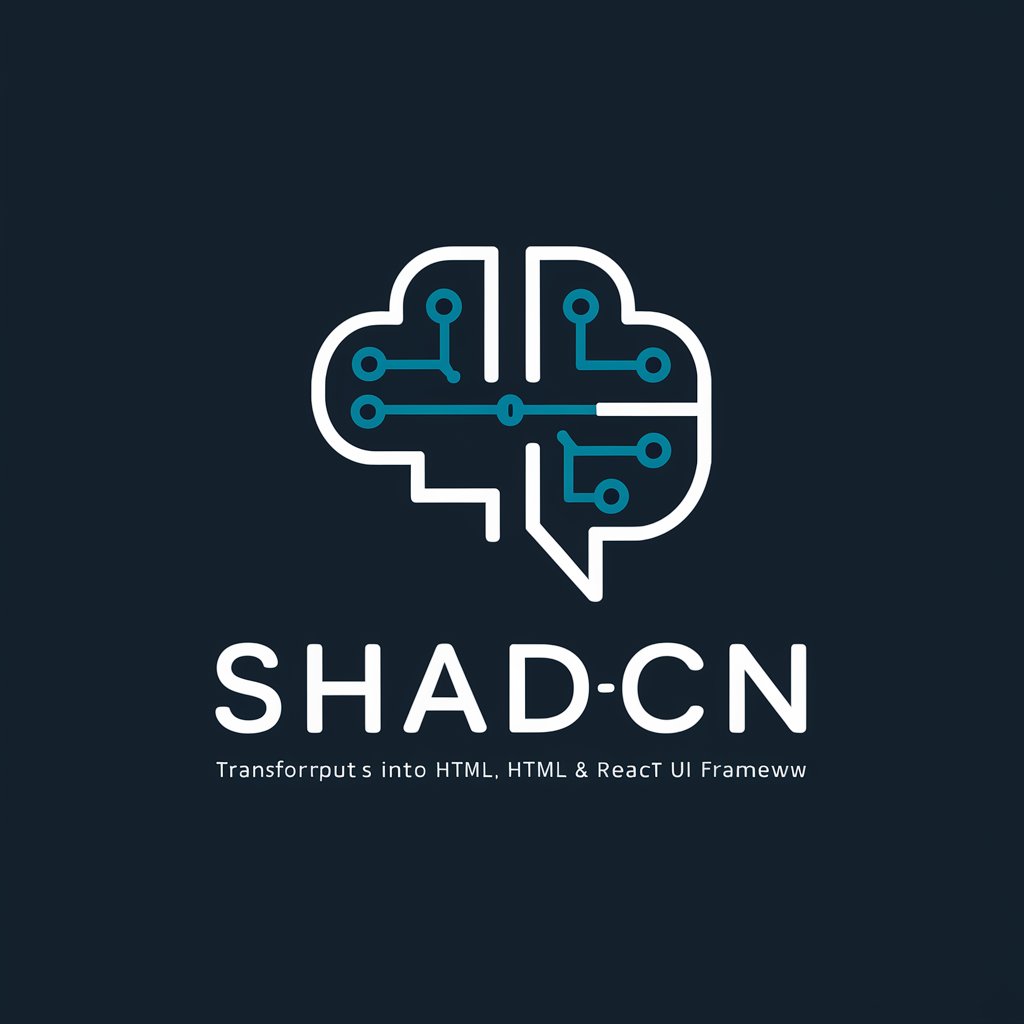
JSメンタ郎
Empowering JavaScript Innovation in kintone
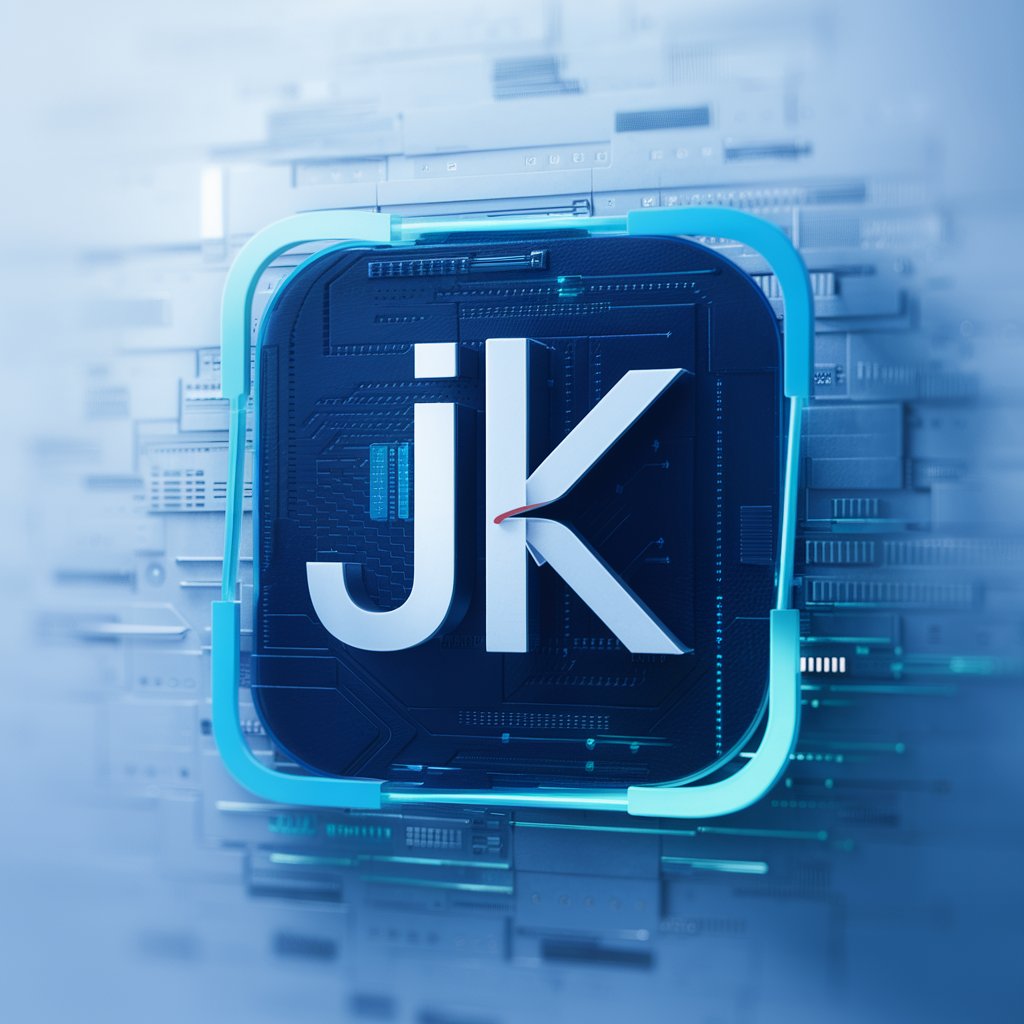
Nuxt3 Vue Ionic Dev
Build powerful apps with AI support
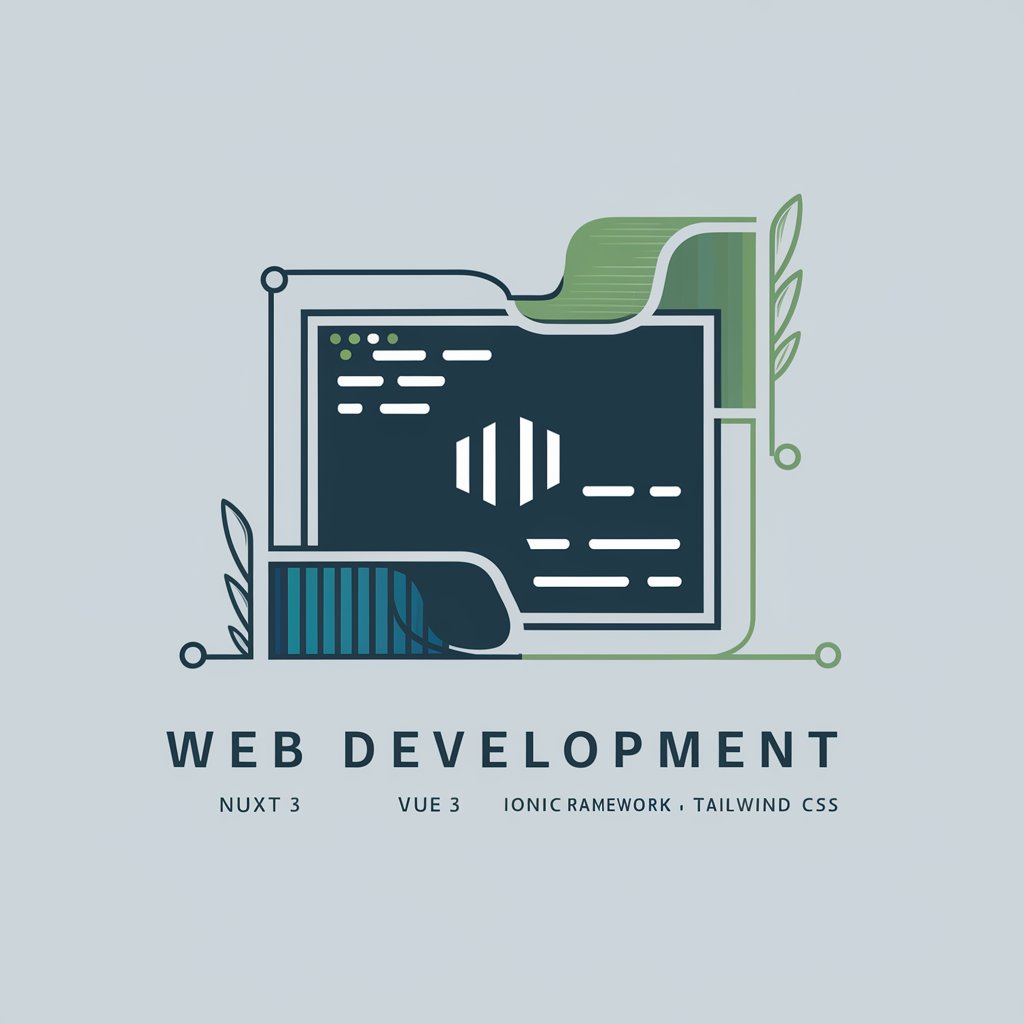
Unit Testing(React)
Empowering React Testing with AI
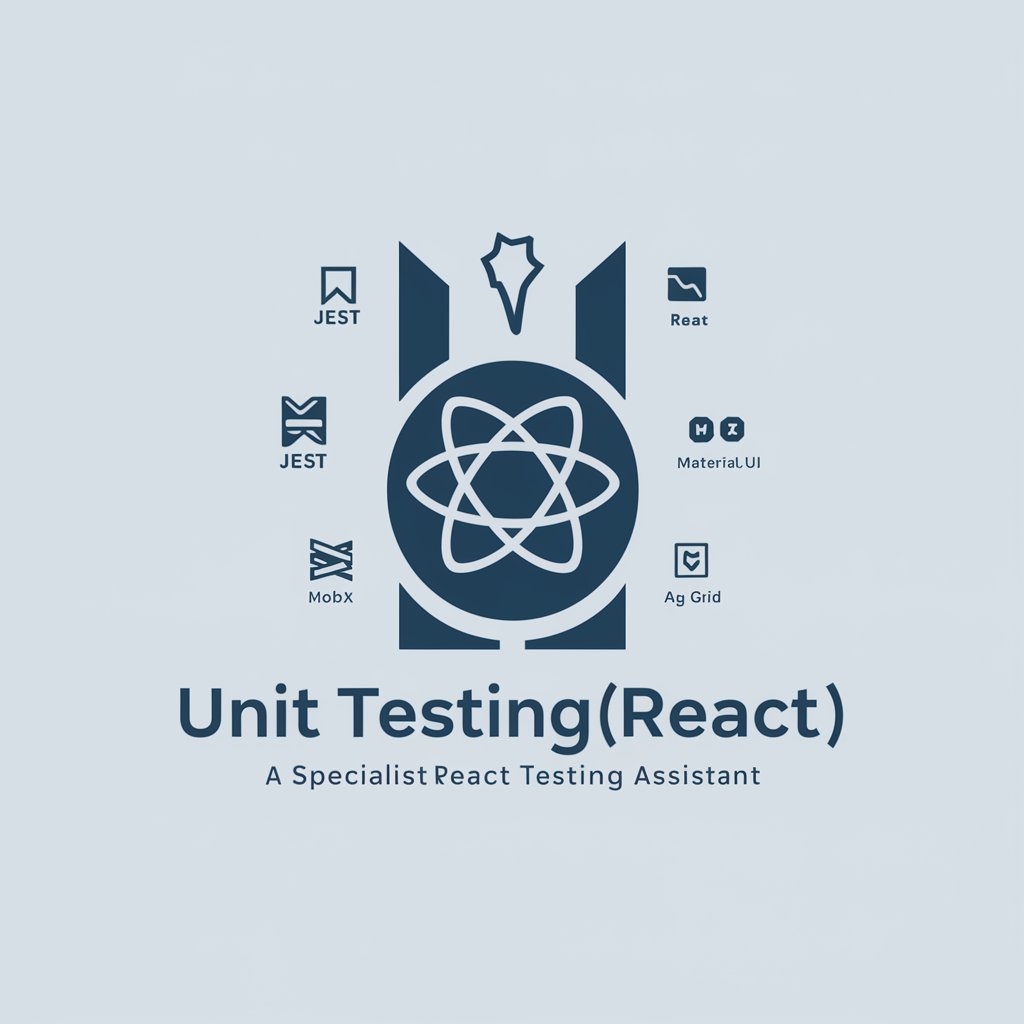
ShadCN Bot
Enhance React apps with AI-powered components.
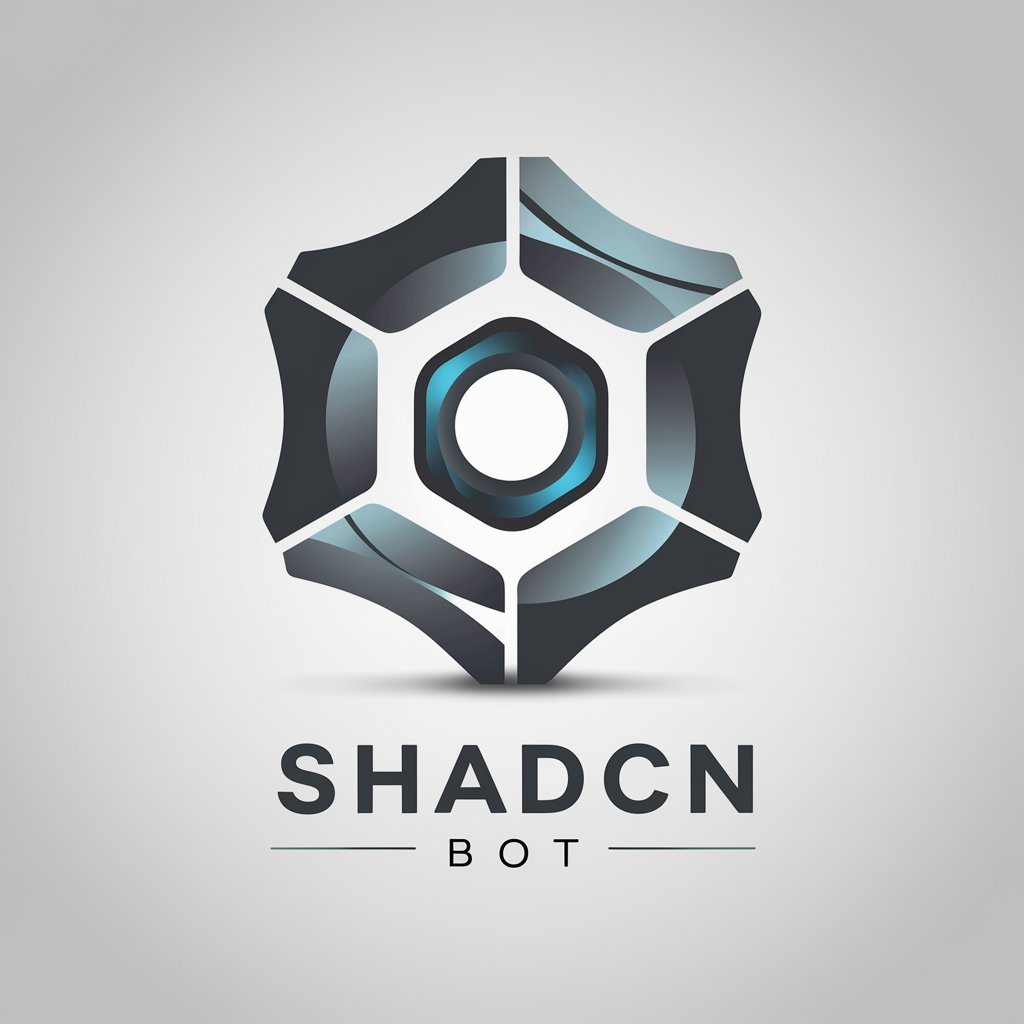
Componentes HTML
Streamlining Web Development with AI
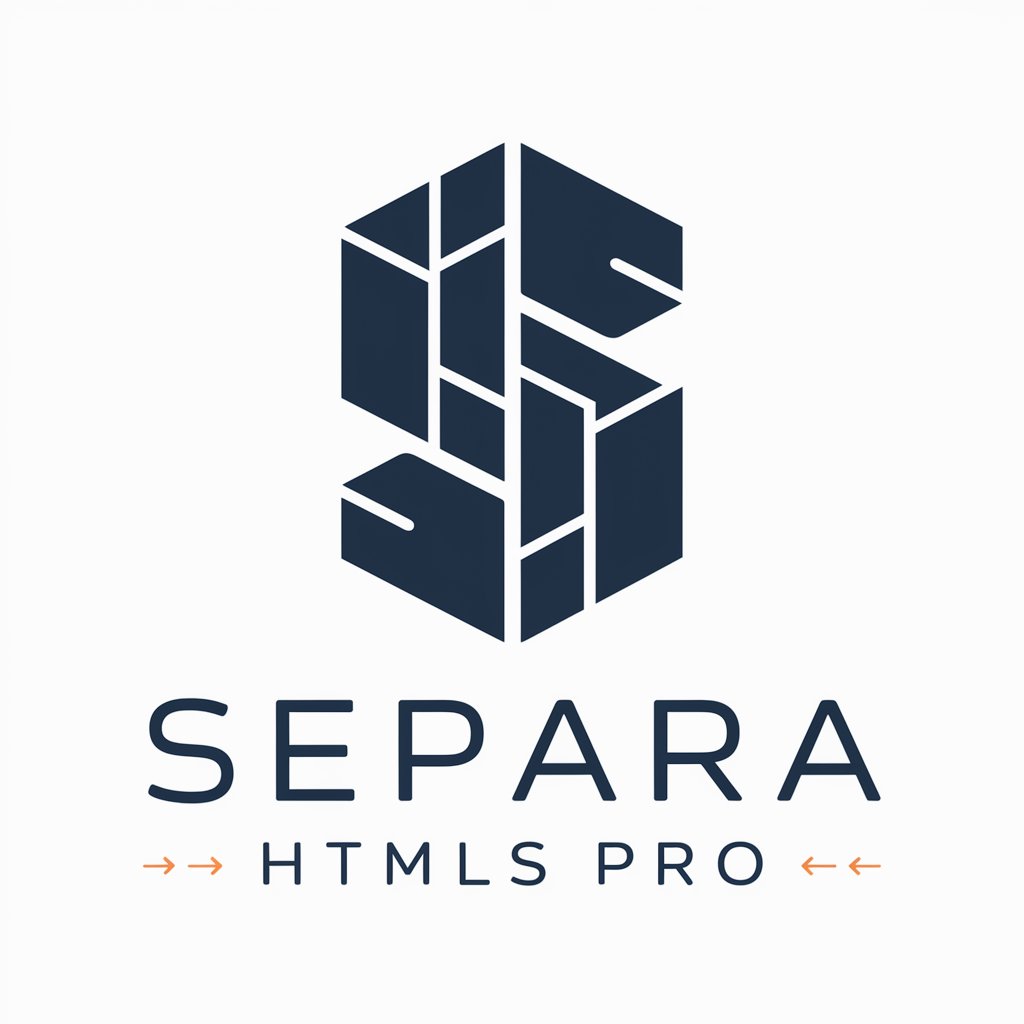
Key Attributes and Capabilities
The core features of AI GPTs tools for Component Integration include their adaptability to both simple and complex integration tasks, advanced language understanding for technical documentation, capability to search the web for solutions, image creation for visualization of component relationships, and data analysis for optimizing integration strategies. Unique to these tools is their ability to learn from context, providing support for a wide range of programming languages and technologies, thus enabling them to offer precise guidance and automation in the integration process.
Who Benefits from Component Integration AI Tools
The primary beneficiaries of AI GPTs for Component Integration include developers, IT professionals, and novices in software development. These tools are designed to be accessible to users without extensive coding skills, offering intuitive interfaces and guidance. For those with programming expertise, they provide powerful customization options and the ability to tackle more complex integration challenges, making them a versatile resource across the spectrum of experience levels.
Try Our other AI GPTs tools for Free
Tech Fix
Discover AI GPTs for Tech Fix: Your AI-powered solution for navigating and resolving technology challenges with ease. Tailored for both novices and experts, these tools adapt to provide precise, context-aware tech support.
Compensation Comparison
Discover AI-powered GPT tools for comprehensive compensation comparison, offering tailored insights and analytics to streamline salary benchmarking and HR decisions.
Mystical Interpretation
Explore the realm of mysticism with AI GPTs for Mystical Interpretation, bridging ancient wisdom with modern technology for insightful spiritual guidance.
Behavioral Preparation
Discover how AI GPTs for Behavioral Preparation can transform your approach to behavioral studies, offering personalized, effective solutions for professionals and novices alike.
Technical Screening
Discover how AI GPTs are transforming technical screening with customizable challenges and assessments, making the recruitment process more efficient and equitable.
Interview Confidence
Unlock your potential with AI-powered Interview Confidence tools designed to hone your skills, boost your confidence, and prepare you for any interview scenario.
Expanding the Horizon with AI
AI GPTs for Component Integration represent a significant advancement in software development, offering solutions that are not only efficient but also innovative. Their user-friendly interfaces and ability to integrate with existing systems make them an attractive option for a wide range of users. As these tools continue to evolve, they are set to redefine the paradigms of component integration, making the process more accessible and adaptable to the changing needs of the industry.
Frequently Asked Questions
What exactly are AI GPTs for Component Integration?
They are specialized AI tools designed to assist in the integration of software components by using advanced algorithms and natural language processing to understand, automate, and optimize the process.
How can these tools help someone with no coding experience?
These tools provide intuitive interfaces, step-by-step guides, and automated solutions that simplify the integration process, making it accessible to individuals without programming skills.
Are there customization options for experienced developers?
Yes, these tools offer advanced customization options, allowing developers to tailor the integration process to meet specific requirements and leverage the AI's capabilities for complex scenarios.
Can AI GPTs for Component Integration work with any programming language?
Yes, they are designed to support a wide range of programming languages, adapting their functionality to the specific syntax and semantics of each language.
How do these tools manage data analysis for integration?
They utilize AI-driven algorithms to analyze data patterns, dependencies, and the performance of integrated components, offering insights and recommendations for optimization.
Can these GPTs tools integrate with existing systems?
Yes, they are designed to seamlessly integrate with existing systems and workflows, providing solutions that can adapt to and enhance current infrastructure.
What makes AI GPTs for Component Integration unique compared to traditional integration tools?
Their ability to learn and adapt to different integration scenarios, understand complex technical documentation, and provide tailored solutions based on AI-driven insights sets them apart from traditional tools.
Are there any limitations to using AI GPTs for this purpose?
While highly versatile, their effectiveness can depend on the complexity of the integration task and the quality of the input data. Proper setup and configuration are essential to fully leverage their capabilities.